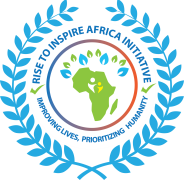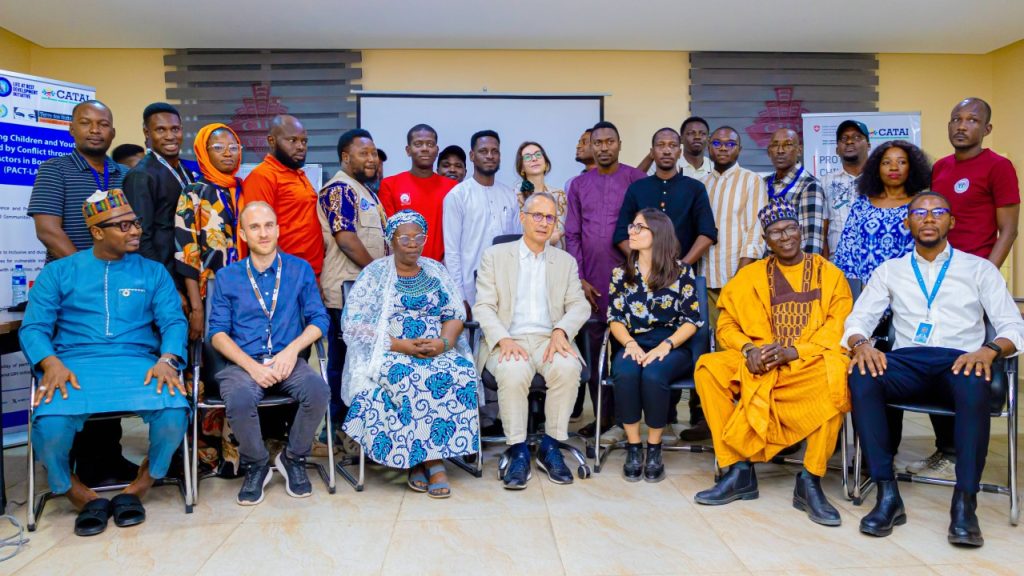Historic Visit Showcases Swiss Government’s Commitment to Empowering National Partners in Borno State
In a historic demonstration of localization principles and the Grand Bargain commitments, His Excellency Patrick Egloff, Ambassador of Switzerland to Nigeria, Chad and Niger, and to ECOWAS, visited the PACT-LAB Project consortium to witness firsthand how Swiss-funded humanitarian initiatives through the Swiss Agency for Development and Cooperation are transforming lives through locally-led interventions in northeast Nigeria. The high-level visit, coordinated by Aline Bürki, Humanitarian Adviser and Ahmad Abdullahi – Humanitarian Programme Specialist at the Embassy of Switzerland in Nigeria, underscored the Swiss Government’s unwavering commitment to the Grand Bargain framework a global agreement to channel more humanitarian funding directly to local and national actors who are often best positioned to deliver effective, culturally-appropriate assistance.
Breaking New Ground in Humanitarian Partnership
Speaking during the engagement, Abubakar Sadiq Mu’azu, Executive Director of the Center for Advocacy, Transparency and Accountability Initiative (CATAI), expressed profound gratitude to the Swiss Government for entrusting national partners with this responsibility, describing the PACT-LAB model as “the first of its kind” in terms of the level of trust and resources placed directly in the hands of Nigerian humanitarian organizations.
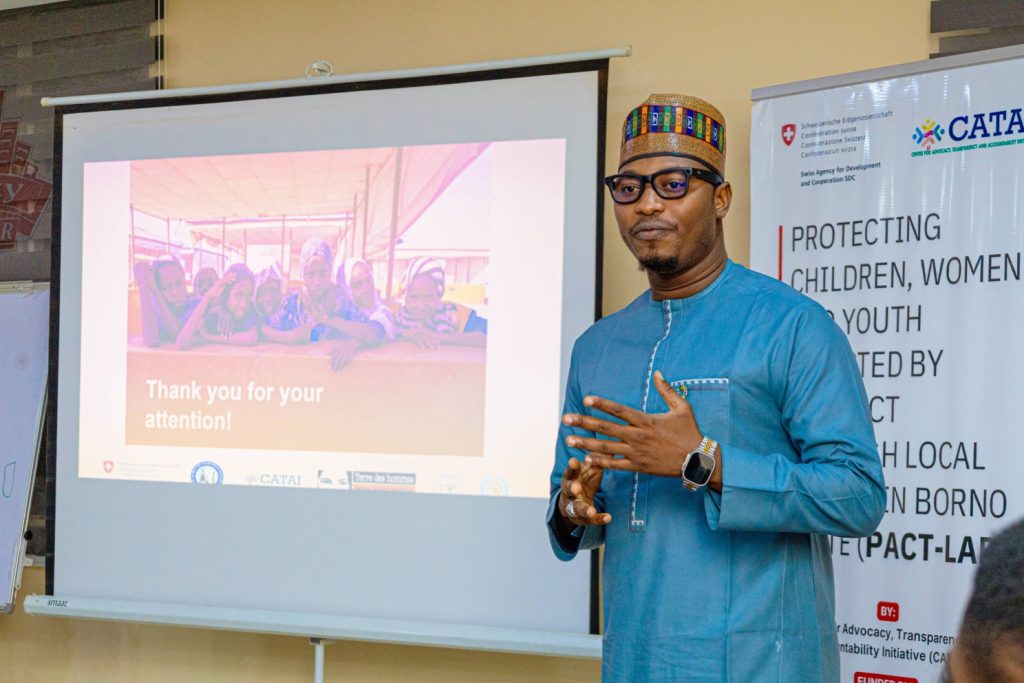
In her opening remarks, Mrs. Ladi Clark, Executive Director of Life At Best Development Initiative (LABDI), conveyed her deep appreciation to the Swiss Government for honoring the Grand Bargain’s promise to work directly with national partners. She described the initiative as “a transformative shift that validates local expertise and demonstrates that sustainable humanitarian impact is built when international partners invest in, rather than bypass, national capacities.” Mrs. Clark emphasized how the project has strengthened community relationships with the consortium organizations, noting with pride: “The community believed in us.”
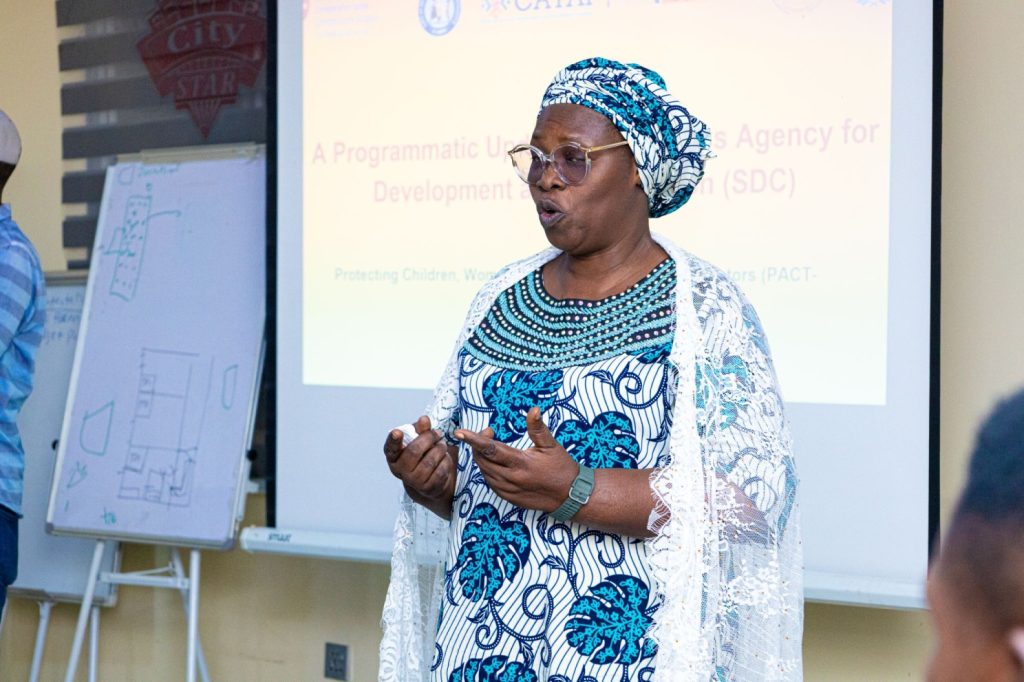
Significant Impact Across Multiple Sectors
The PACT-LAB Consortium led by CATAI and LABDI, with Terre des hommes foundation Nigeria serving as technical partner presented comprehensive updates on project achievements across three Local Government Areas in Borno State: Monguno, Bama, and Gwoza. The consortium has reached over 50% of targeted beneficiaries through integrated interventions spanning Child Protection, Gender-Based Violence (GBV) prevention and response, and Education components. Terre des hommes (Tdh) also showcased their capacity development model for the consortium, which includes supporting partners to develop Standard Operating Procedures (SOPs), policies, and guidelines aligned with internationally recognized humanitarian standards. The presentation highlighted the technical support provided to ensure the consortium operates at the highest professional levels.
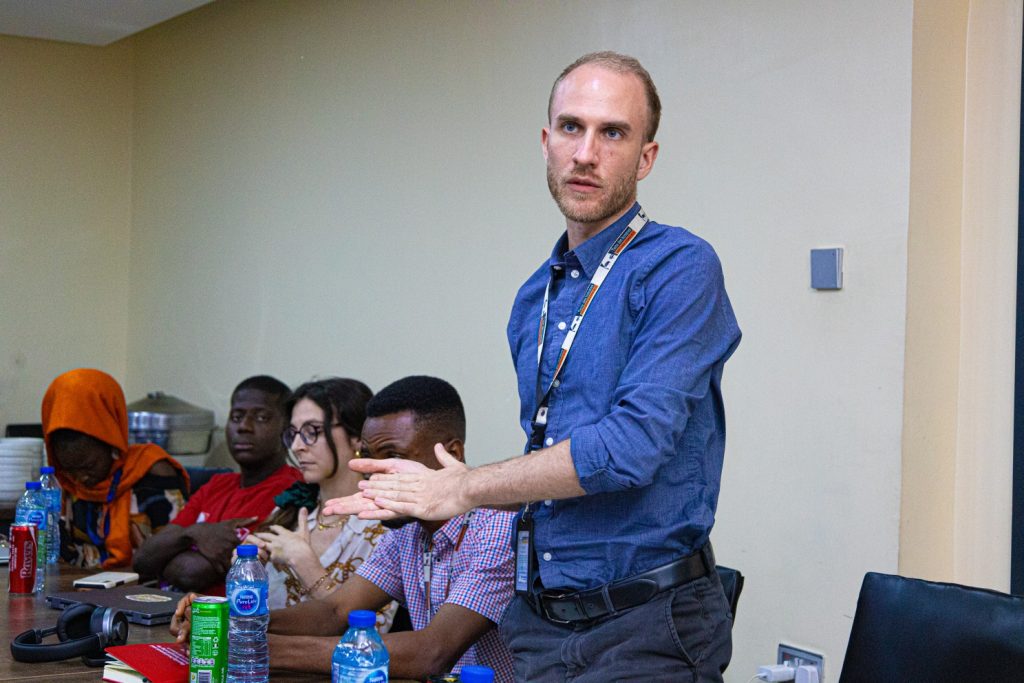
Addressing Coordination, Advocacy, and Funding Sustainability
When Ambassador Egloff inquired about the consortium’s approach to coordination, advocacy, and sustainability amid global funding cuts, the leadership team provided detailed responses that demonstrated strategic thinking and deep integration within Nigeria’s humanitarian architecture.
Barrister Hassan from CATAI explained the consortium’s extensive engagement with coordination mechanisms across Borno State. He noted that consortium partners hold leadership positions in key sectoral coordination bodies: LABDI co-leads in Nutrition coordination, CATAI in Education, and RIA serves on the GBV Area of Responsibility’s 16 Days of Activism planning committee and is an active member of the Community Engagement, Accountability and Localization (CEAL) Working Group’s Localisation Technical Review Committee.
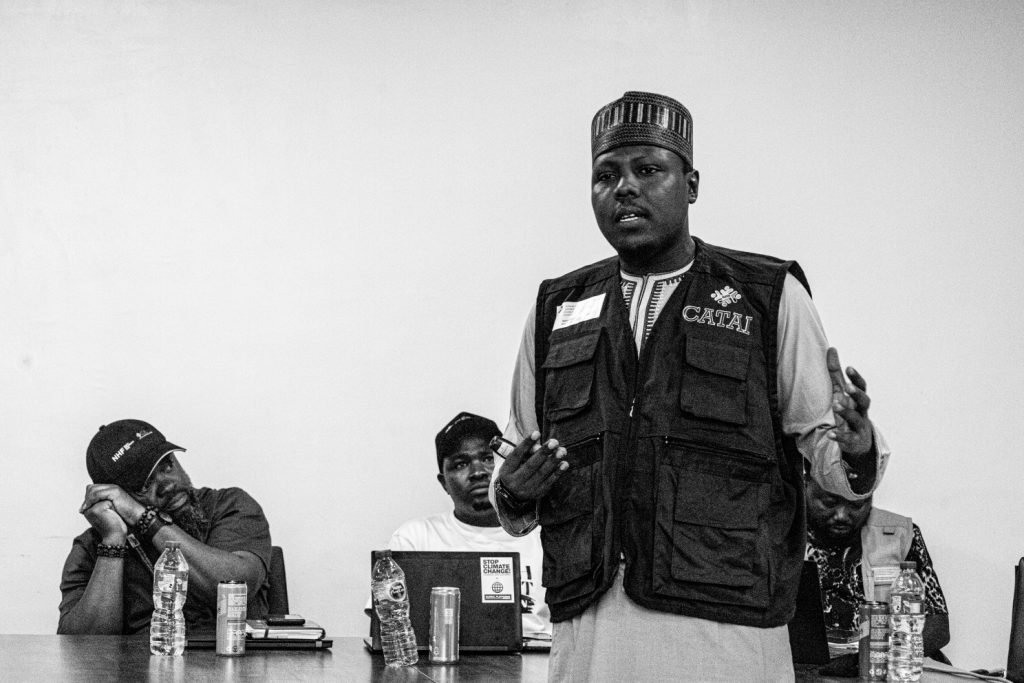
On advocacy, Mr. Abubakar emphasized that the project’s foundation is built on sustained advocacy efforts. “The PACT-LAB project has received tremendous support from government at all levels within the state,” he noted, pointing to concrete evidence of collaboration with local government authorities, including the utilization of government-owned vocational centers for the project’s livelihood empowerment component. “These achievements were only made possible through sustained relationships with government stakeholders,” he added.
A Model for the Future of Humanitarian Funding
Addressing the critical question of funding sustainability, Mr. Stephen Olushola Oladepo, Executive Director of Rise To Inspire Africa Initiative, articulated a compelling vision for the project’s future. “By consolidating the gains from this project, it can become a powerful tool for advocacy, funding, and resource mobilization,” he stated, urging the Swiss Government to amplify the documented successes of the PACT-LAB model on international platforms.
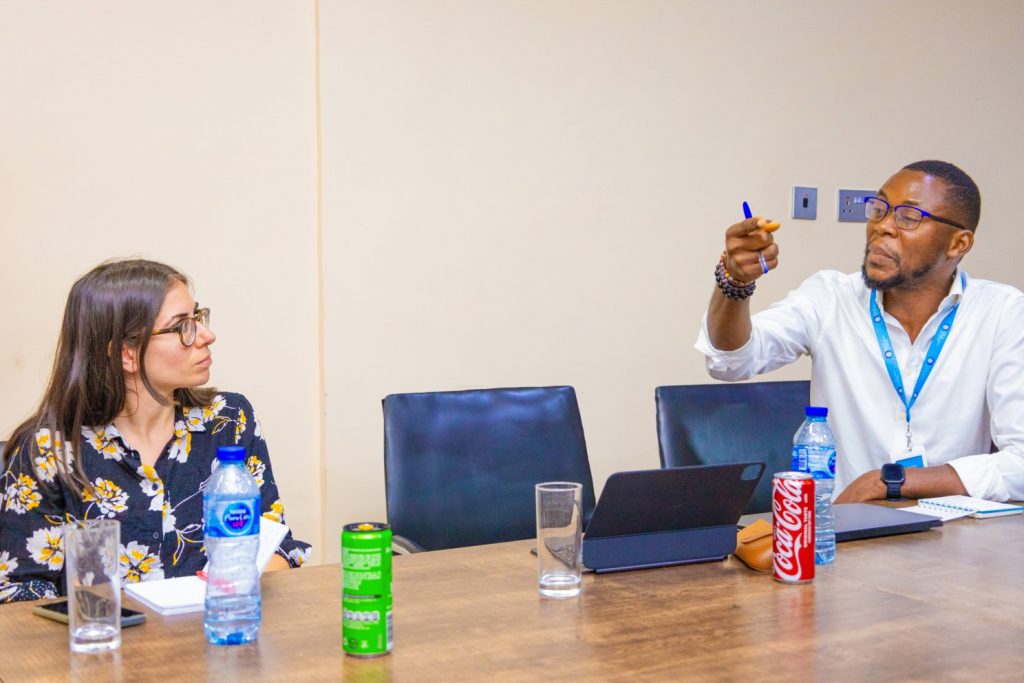
Mr. Oladepo challenged Tdh to showcase this partnership model on the global stage, emphasizing that “this is a funding model that can be replicated in other regions.” He stressed that the PACT-LAB project represents a scalable approach to humanitarian assistance one that demonstrates the effectiveness of investing in local capacity rather than perpetuating dependency on international implementation.
Recognition of Humanitarian Dedication
The Executive Director of YOUTH INTEGRATED FOR POSITIVE DEVELOPMENT INITIATIVE Integrated for Positive Development Initiative (YIPDI) commended the consortium for their exemplary work. He offered special recognition to team members who had just returned from Bama, acknowledging that “Localization, Partnership and System Strengthening ManagerTerre des hommes (Tdh) Nigeria” that requires dedication and resilience.
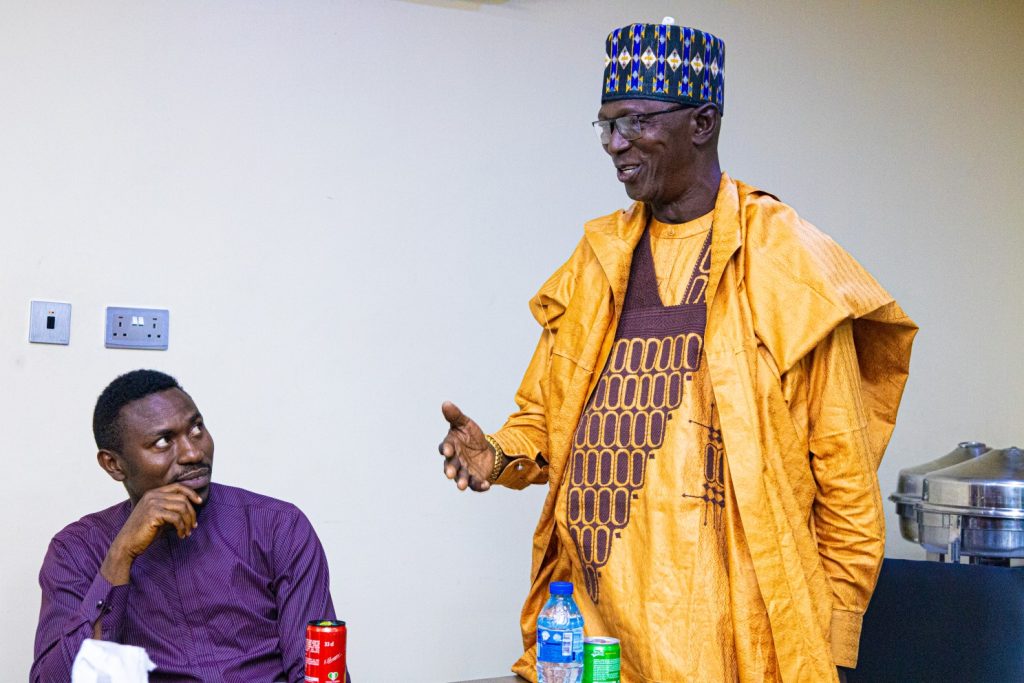
Ambassador’s Closing Reflections
In his concluding remarks, Ambassador Patrick Felix Egloff expressed appreciation for the consortium’s efforts, drawing on his own experience as a former humanitarian worker. “Humanitarian work is a herculean task,” he acknowledged, recognizing the challenges faced by those working in conflict-affected areas of northeast Nigeria. The Ambassador also commended the Terre des hommes team, led by Head of Delegation Nigeria Julien George, for their technical partnership and commitment to building the capacity of national organizations.
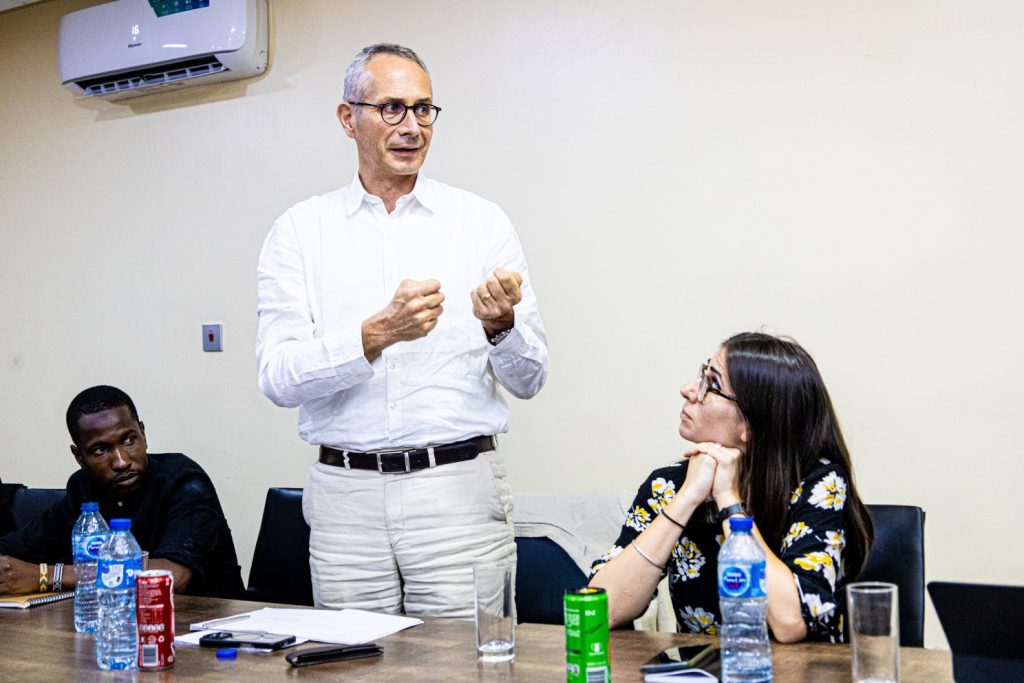
The Significance of Localization
The PACT-LAB project exemplifies the Grand Bargain commitment to localization; the principle that humanitarian assistance is most effective when local and national actors are empowered to lead responses in their own contexts. Since the Grand Bargain agreement was established in 2016, the international humanitarian community has pledged to channel at least 25% of funding directly to local and national responders.The Swiss Government’s investment in the PACT-LAB consortium represents a concrete manifestation of this commitment, demonstrating that when international donors place trust and resources directly in the hands of national organizations, those organizations can deliver high-quality, contextually-appropriate humanitarian assistance while building sustainable local capacity for future crises.
As the humanitarian landscape faces unprecedented funding constraints, the PACT-LAB model offers a compelling alternative to traditional implementation approaches; one that maximizes impact, builds local resilience, and honors the dignity and expertise of national humanitarian actors who remain long after international organizations depart.
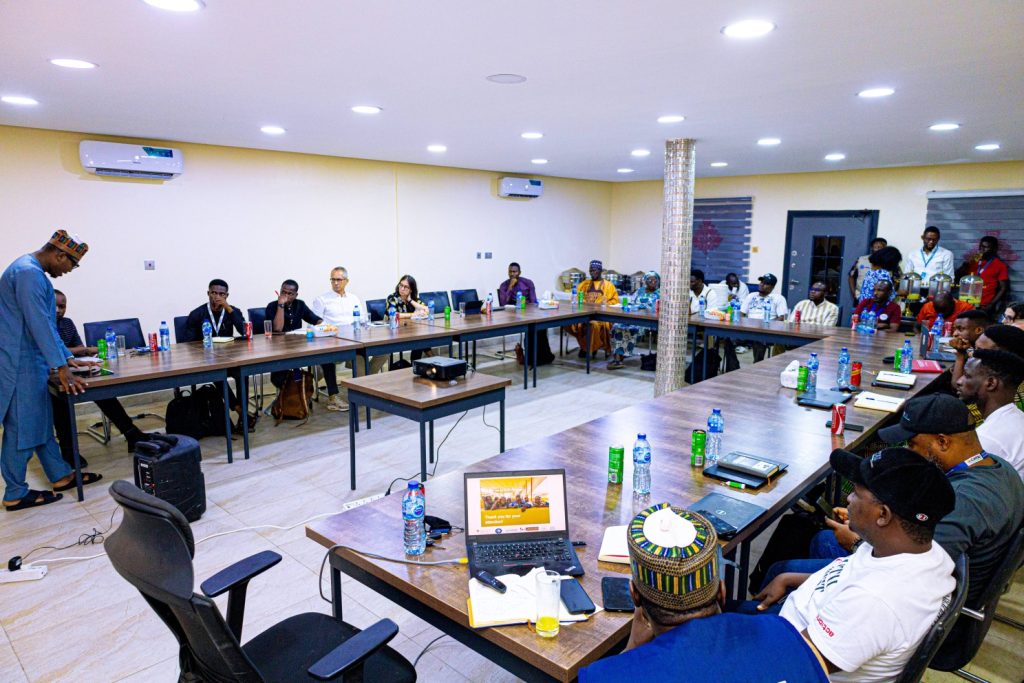
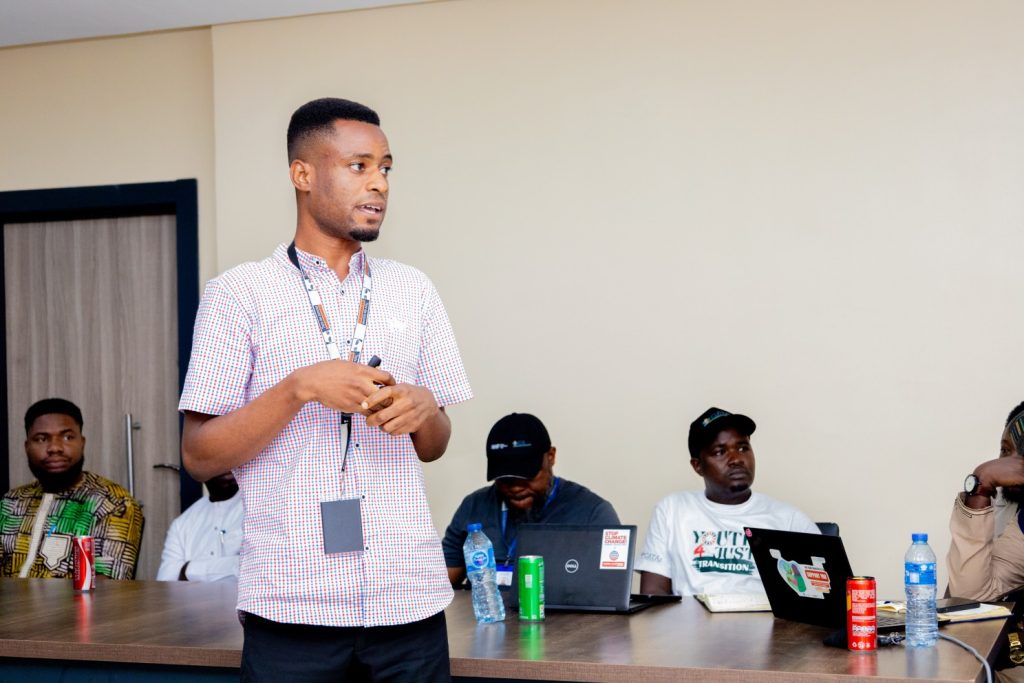
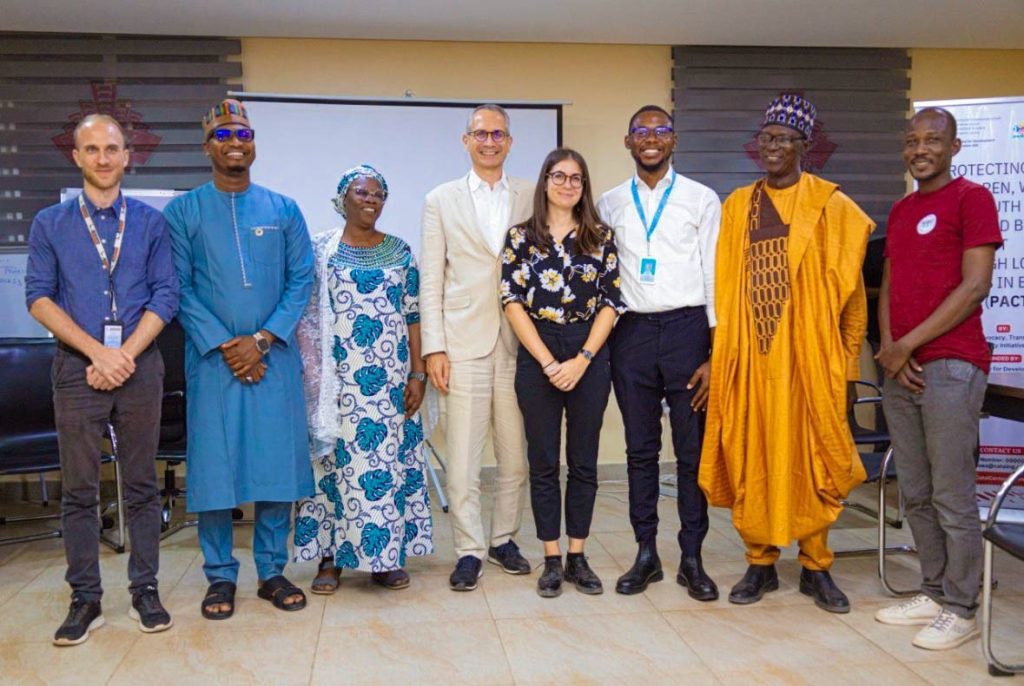
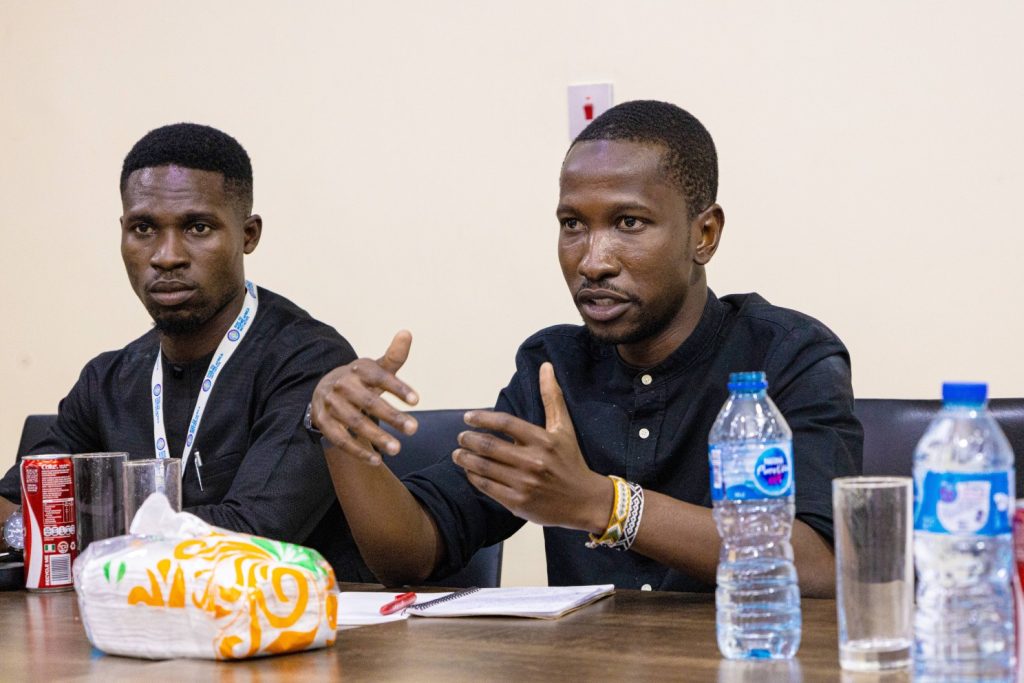
The PACT-LAB Project operates in Borno State, Nigeria, one of the areas most affected by the decade-long insurgency in northeast Nigeria, which has displaced millions and created one of the world’s most complex humanitarian emergencies.
